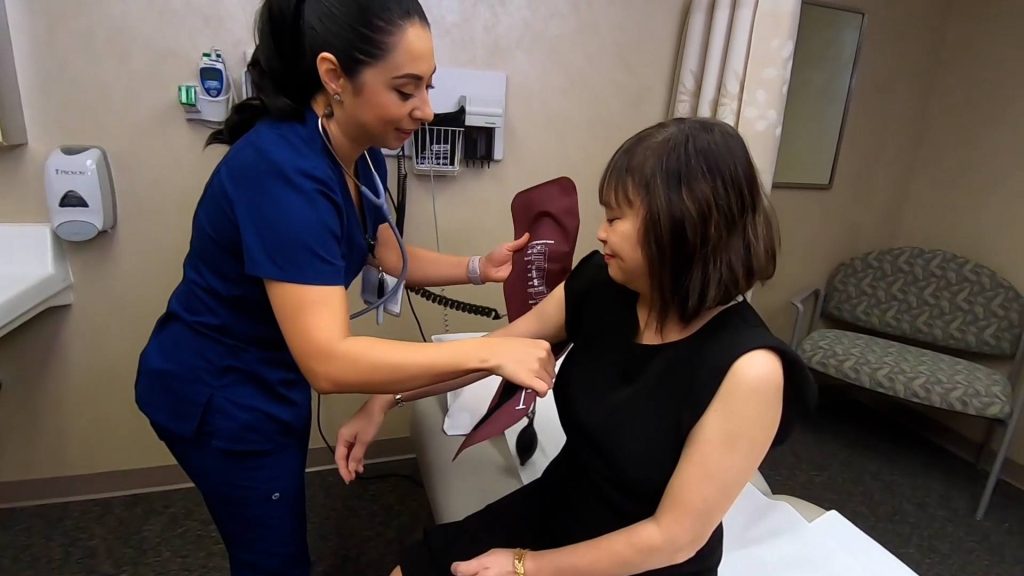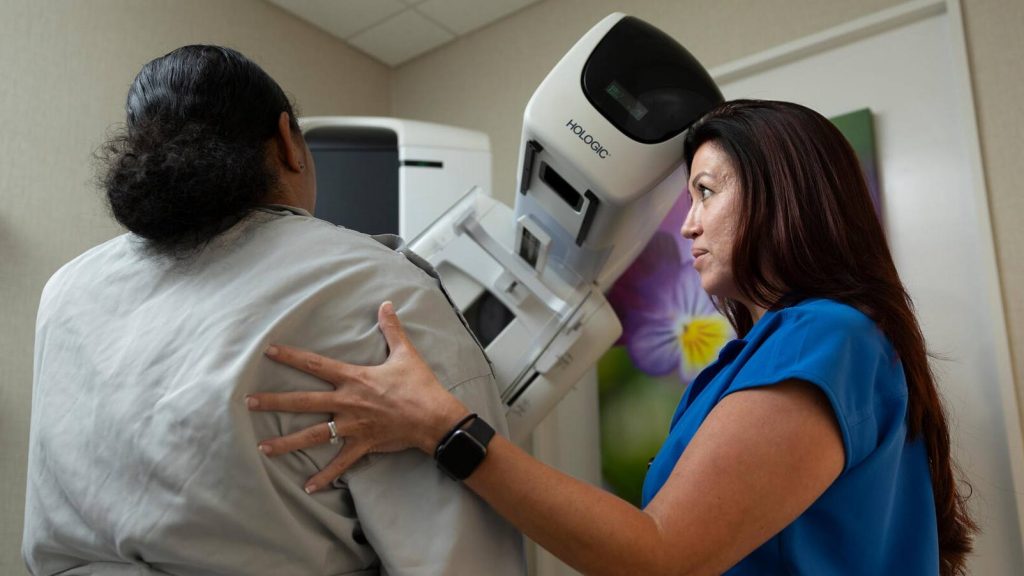




Check out a few of the most popular News Network stories on @mayoclinic social media this past week.
Mayo Clinic Minute: The importance of breast cancer screening
A recent report from the American Cancer Society calculates that 1 in 50 women will develop invasive breast cancer by the age of 50. Early detection through screening can lead to more treatable and curable breast cancers. Dr. Elizabeth Cathcart-Rake clears up confusion about who should be screened and when.
Mayo Clinic Minute: Food recalls and sickness
Nearly 10 million pounds of meat and poultry products are being recalled because of possible listeria contamination, according to the Department of Agriculture's Food Safety and Inspection Service. Dr. Nipunie Rajapakse, a pediatric infectious diseases physician, explains the risks associated with listeria and how to best avoid foodborne illness.
Mayo Clinic Minute: Health screenings in underserved populations
Cancer is a leading cause of death among Hispanic people in the U.S., according to the American Cancer Society. Early detection through screening can prevent serious health issues. Dr. Jesse Bracamonte, a Mayo Clinic family medicine physician, stresses the need for healthcare workers to discuss the importance of health screenings with patients, especially in underserved communities.
'In the blink of an eye,' healthy teen needs new heart
Braxton Wohlferd went from being a healthy teenager celebrating his 16th birthday to suddenly needing a heart transplant. And it was all caused by a rare reaction to a common childhood virus that usually only results in a mild rash.
Understanding whooping cough with a Mayo Clinic expert
Cases of pertussis, commonly known as whooping cough, continue to rise in the U.S. New numbers from the Centers for Disease Control and Prevention (CDC) show nearly 18,000 cases through Oct. 5. Whooping cough is an infectious respiratory illness caused by Bordetella pertussis bacteria. It spreads through the air when an infected person coughs or sneezes.
Related Articles







